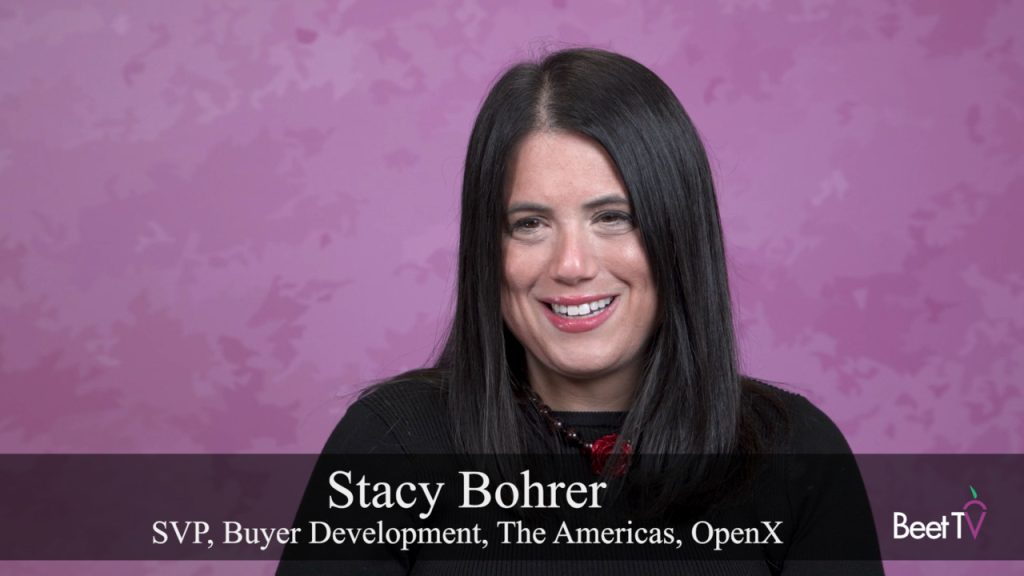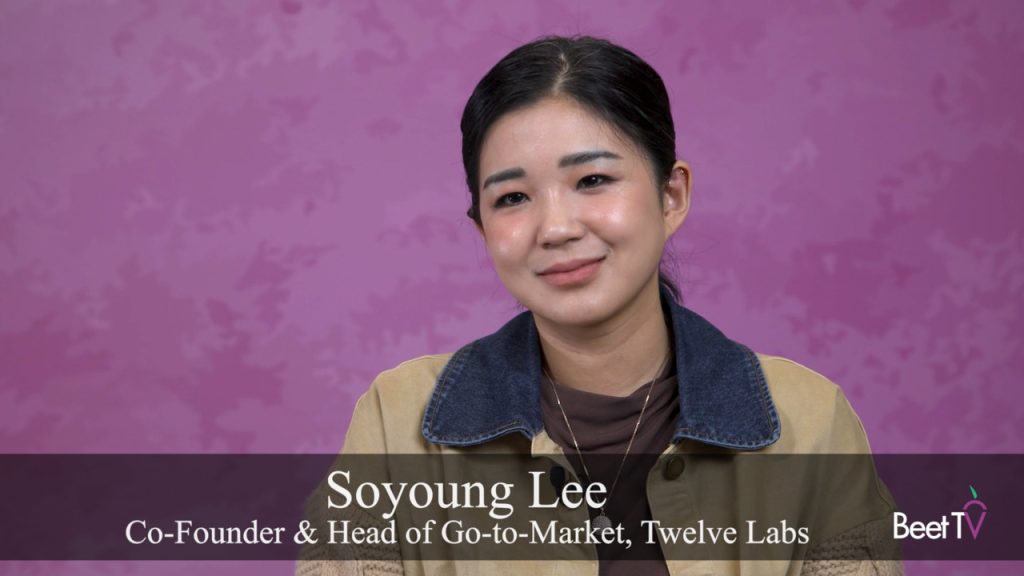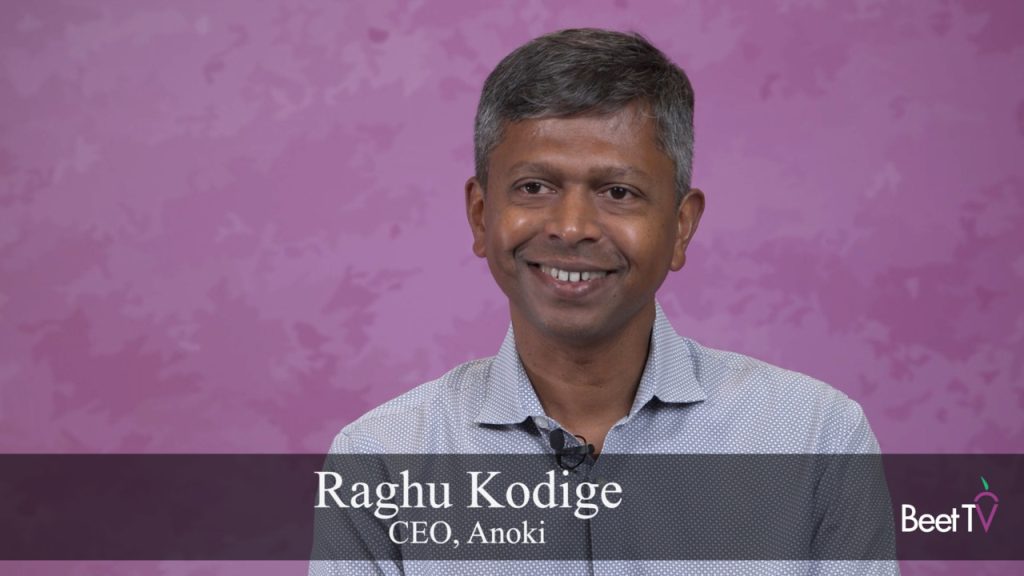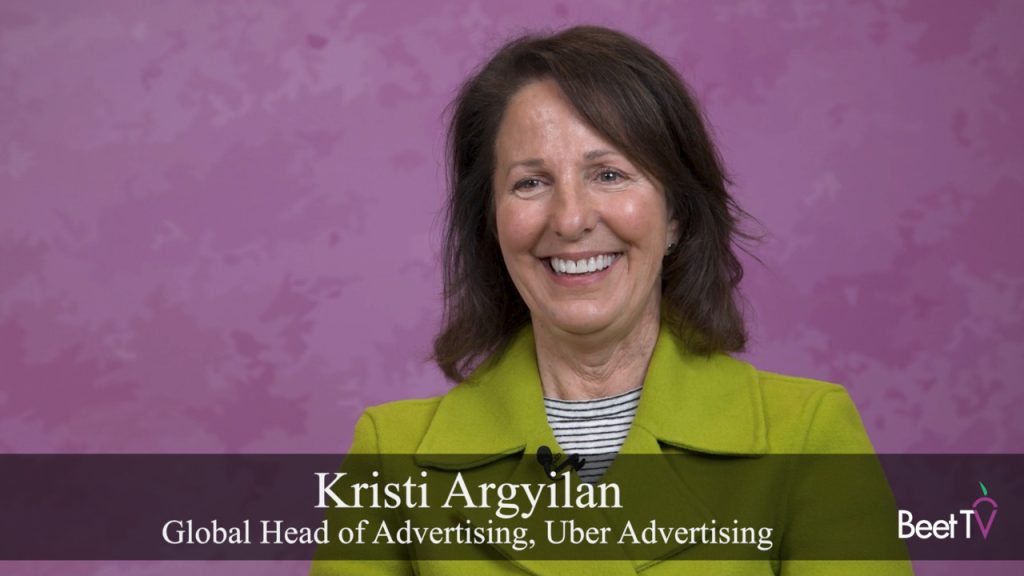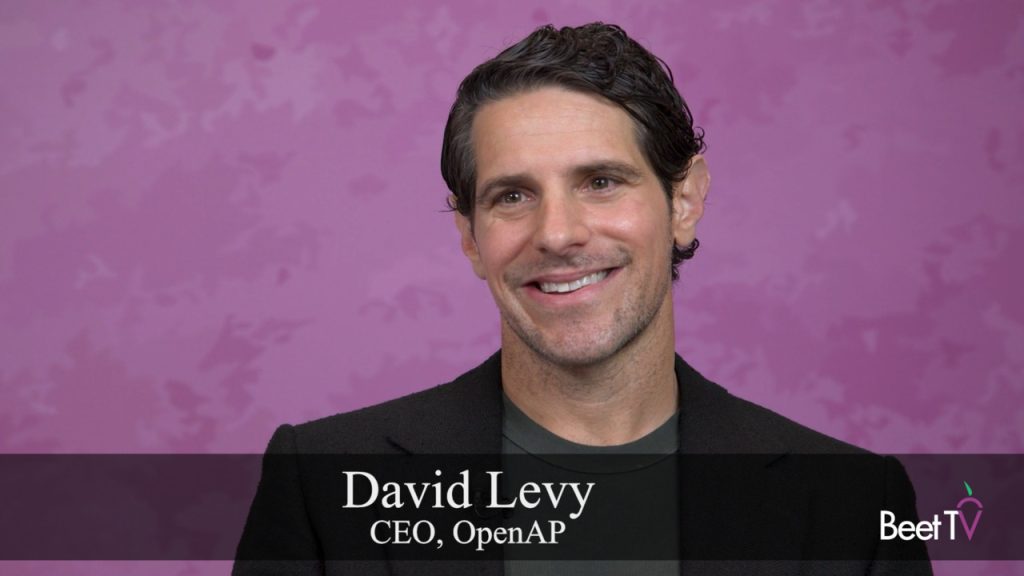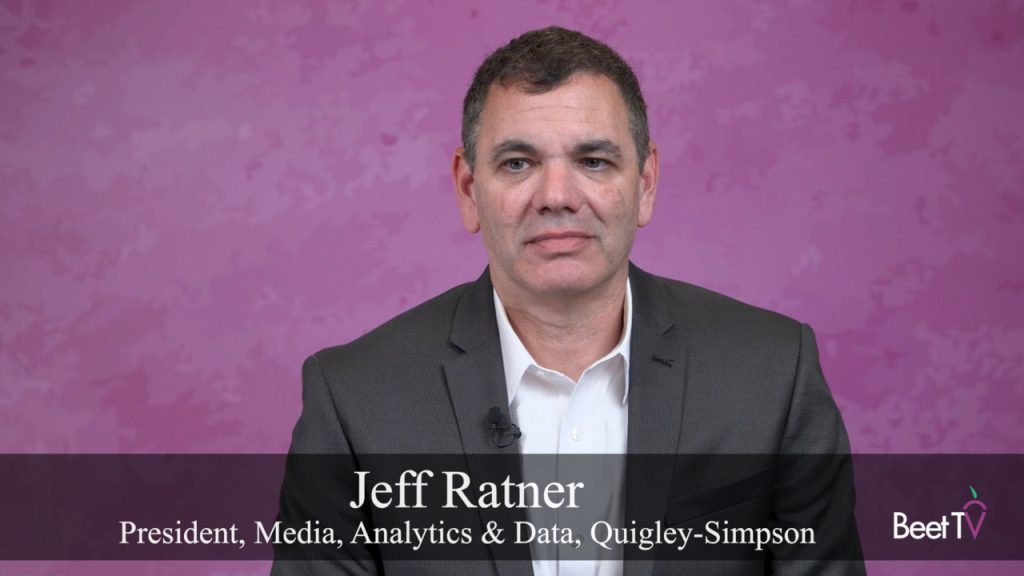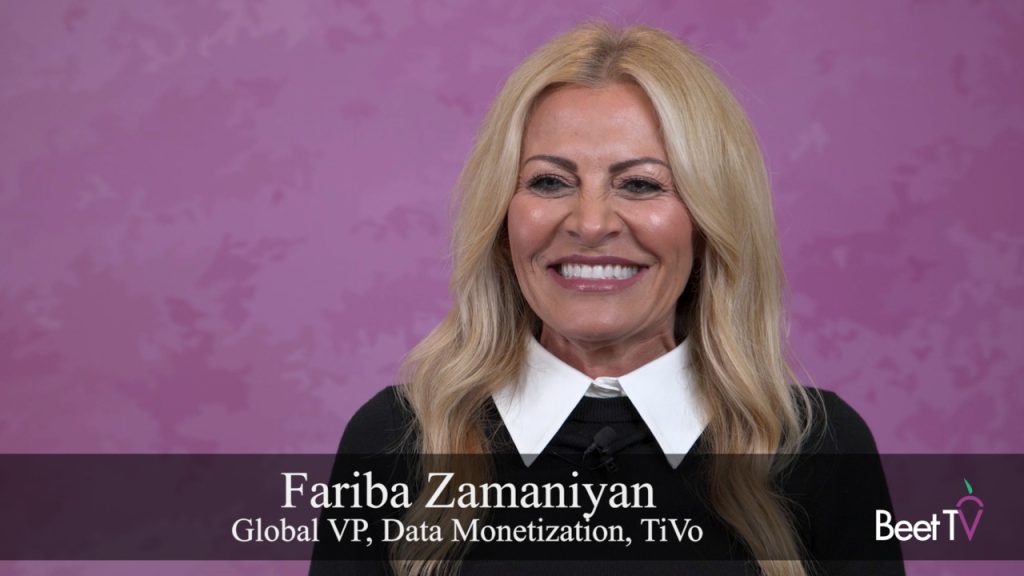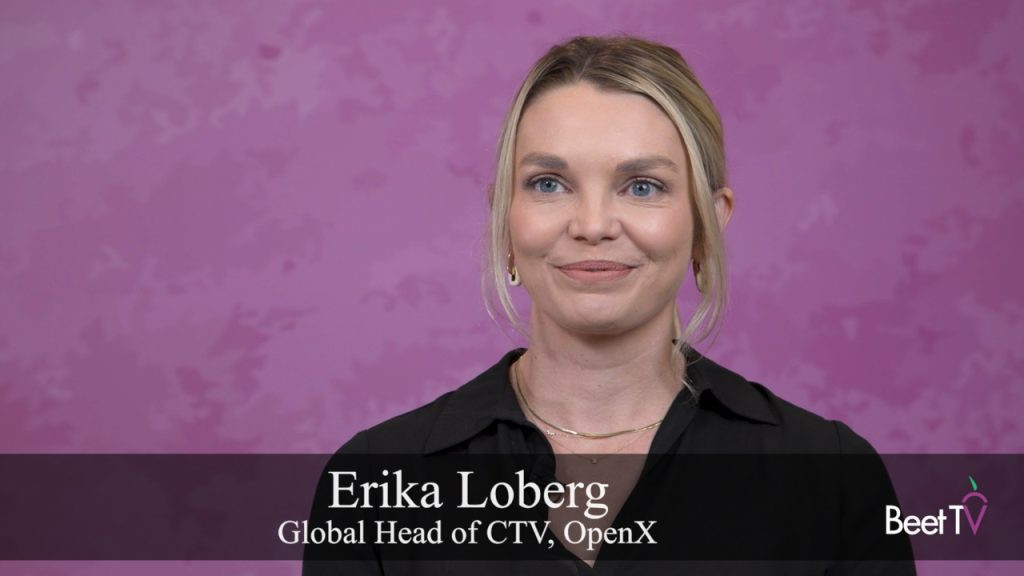MARCO ISLAND, FL — The digital advertising landscape is on the brink of a seismic shift, as the industry prepares for the inevitable deprecation of third-party cookies.
In this video interview with Beet.TV, Patrick McCarthy, SVP of Programmatic Monetization, Dotdash Meredith, advocates for a reimagined programmatic business.
While there is currently disruption, he believes the outcome can prioritize consumer privacy while rewarding high-quality publishers.
A Multi-Pronged Approach to Privacy-Centric Advertising
“We’re seeing a lot more dialogue at events, a lot more conversations happening with buyers, with tech platforms about what our cookie strategy is about, what their cookie strategy is,” McCarthy says, highlighting the industry’s heightened concern.
As the clock ticks toward a cookie-less world, the discourse intensifies around developing sustainable and privacy-compliant advertising models.
For publishers like McCarthy’s, adapting to the impending changes is not just necessary—it’s a welcome opportunity. “We’re absolutely for this change,” he asserts. He envisions a future where programmatic business is rebuilt using “more privacy safe methods.”
To this end, McCarthy’s team has pioneered D/Cipher, their own intent targeting platform. Decipher operates independently of traditional cookie-based systems, instead focusing on the context of user engagement. “It’s based on the content that they’re reading and enjoying at that point in time and in that frame of mind,” McCarthy explains.
Less than a year after launch, D/Cipher is now being used by the publisher in more than 30% of its direct ad buys.
Meet D/Cipher, our groundbreaking Intent Targeting tool for advertising. This powerful new tool connects advertisers to consumers in key moments of intent – as they make decisions, take action and pursue passions, across our 40+ iconic brands. Read more: https://t.co/S5u4qB8E0I pic.twitter.com/ag5EXXPkHb
— Dotdash Meredith (@dotdashmeredith) May 16, 2023
Measuring Success in a Post-Cookie World
With traditional tracking methods becoming obsolete, the question of measuring performance and attribution looms large. McCarthy addresses this by outlining a shift toward panel approaches.
“For those users that we can identify from a first party cookie because we have their email address and they’ve visited us from a newsletter or a logged-in experience, we can use that sample of the audience and extrapolate,” he elaborates.
This method, akin to how television viewership is measured, offers a glimpse into a future where a small, measurable audience sample informs broader performance insights.
McCarthy emphasizes ongoing collaboration with buyers and tech platforms to refine these emerging measurement tools. “We are starting to work on those types of technologies and play with those tools,” he says, indicating a proactive stance in shaping the next generation of analytics in the digital space.
The Convergence of Commerce and Content
As the industry grapples with privacy-centric models, McCarthy points to the burgeoning field of commerce media as one of the most innovative arenas.
He describes a synergy forming between publishers with high-intent audiences and commerce platforms with valuable first-party retail data. “We’re seeing some good early results with doing some matching based on a lot of the privacy safe technologies that are being developed,” McCarthy shares, painting a picture of a mutually beneficial partnership fueled by privacy-conscious solutions.
Among these solutions are technologies like Google PAIR and the use of clean rooms, which allow for secure data matching while keeping sensitive information out of the general bid stream.
You’re watching ‘Digital Media in Transition’, a Beet.TV Leadership Series at IAB ALM 2024 presented by Sharethrough. For more videos from this series, please visit this page.


























